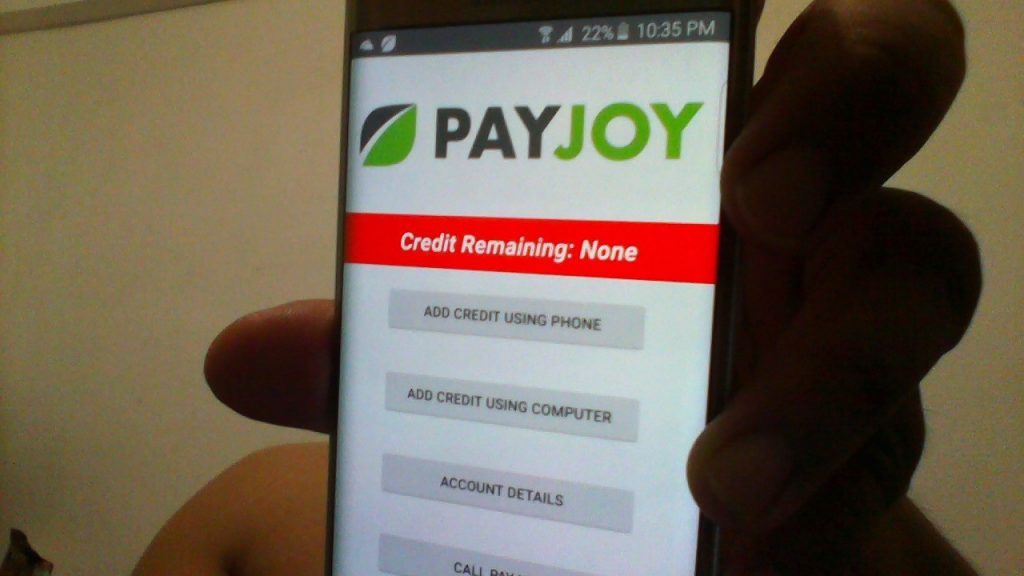RIO DE JANEIRO, BRAZIL – For many Brazilians, cell phones are a consumer’s dream — although buying them on long-term installment plans is not always easy. Since a state-of-the-art smartphone may be the most valuable asset that many people own — why not, then, use it as collateral to make a personal loan?

These are the two options that lead American startup PayJoy, one of the companies receiving funds from Brazilian Mindset Ventures, to place its chips on the local market. “We are going to start operating in Brazil by the end of the year,” Mauricio Cordero, the company’s general manager in Latin America, told Estado de S. Paulo daily.
Founded four years ago in Silicon Valley by Doug Ricket, a former Google Maps employee, PayJoy is currently active in countries such as Mexico, India, and Indonesia.
There, where trade fails to operate with payments in installments, the company assists low-income consumers in obtaining credit to finance a smartphone — the average price of a device purchased by startup users being usually around US$200.
Every cell phone purchased with the assistance of the startup, however, carries the company’s app on it. If the consumer fails to pay that month’s installment, the app’s use on the smartphone is blocked until the debt is settled — the only available functionality is emergency calls.

Besides, the company operates a second type of service: after the smartphone is paid off, it can be used as collateral for small loans. To do so, the user needs only to install the PayJoy app, which will evaluate the device and its conditions.
After the quote, the startup system will make an offer to the user, who will be able to agree to the terms and, fitted with a QR code provided by the platform, withdraw the money at any ATM.
According to Cordero, the company currently sells around 25,000 mobile phones a month in Mexico, in capital volumes of approximately US$2.5 million. According to the executive, the figures in Brazil can be “much higher,” due to the greater local market size.
“Through our system, we can provide access to credit for people without bank accounts in emerging countries,” explains the executive.
In Brazil, the startup has begun hiring a team of executives to run the business. Contrary to what happens in Mexico, where the company manages the loans and handles collections, in Brazil, PayJoy intends to offer its app as a solution to partners interested in financing and offering credit.
In the second half of July, Cordero held meetings with retailers, banks, and operators that can deploy the system locally — most of the meetings were organized by Mindset, which is tasked with bridging the gap between the startups in which it invests and the domestic market. According to the executive, his system may help reduce default rates in retail, as well as cheapen access to credit.

When asked by Estado regarding the legality of its system in light of local legislation, particularly with regard to consumer rights, Cordero said he had consulted with local lawyers and grasped the specifics of the system.
According to him, the devices purchased through the PayJoy system may not necessarily be used for work purposes — since the company would be unable to block its use if they were to be employed to that effect.
According to Diogo Moyses, coordinator of the telecommunications program of the Brazilian Institute of Consumer Protection (IDEC), the blocking of apps or cell phone may be considered an abusive practice. “It can be a distinctly excessive advantage to the detriment of consumers,” he says, “therefore, the right to clear and adequate information must be ensured, prior to the moment of contracting”.

